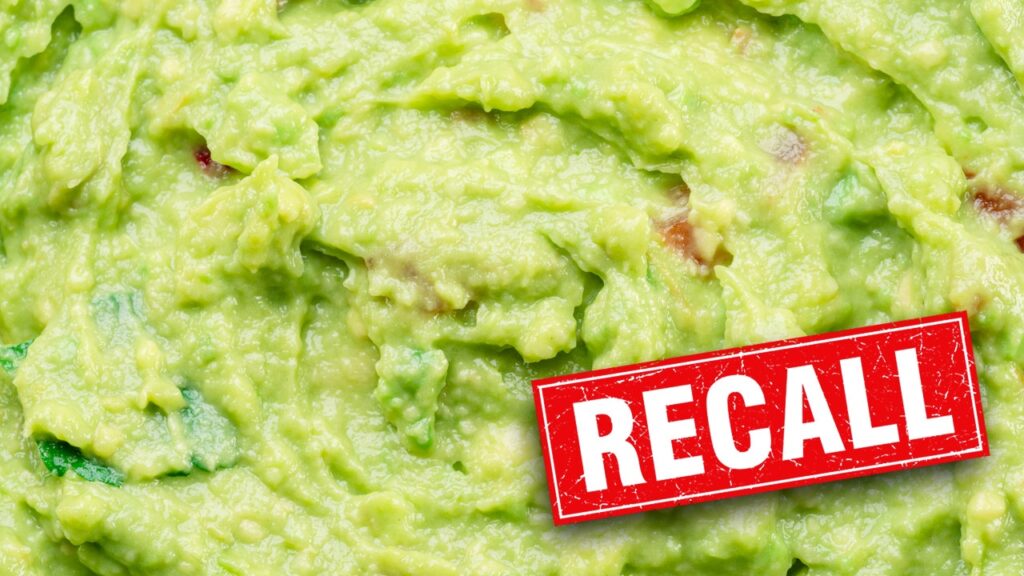
Branded is a weekly column devoted to the intersection of marketing, business, design, and culture.
Not so long ago, Jeff Bezos seemed on the cusp of a triumphant second act. Handing off the CEO reins to his Amazon empire, he shifted attention to his rocket company, Blue Origin, with a mission to help humanity colonize the solar system; a couple of years ago, he even personally rode one its rockets into space. Meanwhile, he was treated as a hero for buying an ailing Washington Post, and under his ownership, the reenergized paper greeted the first Trump presidency with a dire but defiant new slogan: “Democracy Dies in Darkness.” Even in the rarified realm of tech centibillionaires, Bezos seemed pretty alpha.
These days . . . not so much. In the past couple of weeks alone, Blue Origin announced it would lay off 10% of its workforce, and the Post attracted attention for declining to publish an ad critical of the second Trump presidency and the murky role of fellow (or rival) mega-billionaire Elon Musk. Whether Bezos had any direct role in the latter decision (the Post isn’t talking), it adds to a series of incidents that suggest an effort to stay on the administration’s good side. In other words, Bezos’s personal brand seems to have faded from hard-charging, fearless visionary to just another rich guy trying to stay relevant.
To be sure, Jeff Bezos isn’t exactly in danger of losing his mega yacht. Amazon is still thriving—its share price hit a record high earlier this month, and its revenue just surpassed Walmart’s—albeit under its new CEO. But consider the contrast to Musk, whose portfolio also includes a rocket company (SpaceX) and a media platform (the former Twitter). Even before the new Trump administration took office with Musk practically riding shotgun, SpaceX had established itself as a fixture in America’s space program, and notched achievements like a space walk and the furthest-out orbital flight in 50 years.
The Bezos brand, meanwhile, has bogged down. Blue Orbit’s layoffs of an estimated 1,000 employees—the company pointed to a workforce that had become bloated during a period of fast growth—followed a successful launch of its 320-foot New Glenn reusable rocket. But that launch was about five years later than originally planned, and the company is widely seen as lagging behind SpaceX (even though it is actually a couple of years older). It will surely remain in the hunt for NASA and Department of Defense contracts, but not in the lead. “We’re obviously huge fans,” Blue Origin’s CEO has said of the new Trump regime’s seemingly space-friendly agenda.
Lots of tech leaders seem to be jockeying to be perceived as, if not already “huge fans,” then at least optimistic and noncritical players in whatever the Trump agenda turns out to be. But few have attracted more critical blowback for this apparent attitude shift than Jeff Bezos.
Again, Musk is the most glaring contrast, having become a de facto-power player within the administration, a role he both amplifies and leverages with his X social media network. Bezos was just one tech titan—alongside Meta’s Mark Zuckerberg and Google CEO Sundar Pichai, among others—attending Trump’s inauguration, donating to his inaugural fund, and joining the crowd of chief executives seeking to curry favor with, or at least escape the spite of, the president. But while many have been accused of shamelessly displaying fealty, Bezos has taken the most lumps.
This traces back to his ownership of the Post and the surprising decision that the paper would not make a presidential endorsement, just as it was poised to endorse Kamala Harris—and shortly before Blue Origin’s CEO was to have a meeting with Trump. Bezos denied any quid pro quo, but critics saw the incident as kowtowing. Subsequent episodes—a cartoonist quitting the Post when one of her anti-Trump pieces was rejected, and now the paper’s decision to turn away ads from the nonpartisan advocacy group Common Cause’s calling for Musk’s ouster from his ill-defined government role—have only added to a sense of caution and vulnerability that feels like the opposite of vintage Bezos.
As the Post itself has reported, it’s not just Blue Origin that will need smooth government relations. Amazon (where Bezos remains executive chairman) has major federal contracts for its cloud division, with billions more in Pentagon contracts up for grabs in the years ahead. And in the past, Trump hasn’t been shy about blaming “Jeff Bozo” for Post coverage he didn’t like, and other perceived slights. The main criticism of Peak Bezos was that he could be severely demanding and hypercompetitive. Given the president’s penchant for retribution, maybe the most competitive move Bezos still has is not antagonizing him.
And for the moment, at least, that seems to be working. Trump certainly hasn’t had anything negative to say about Jeff Bezos lately. Maybe with this version of Bezos, he needn’t bother.



